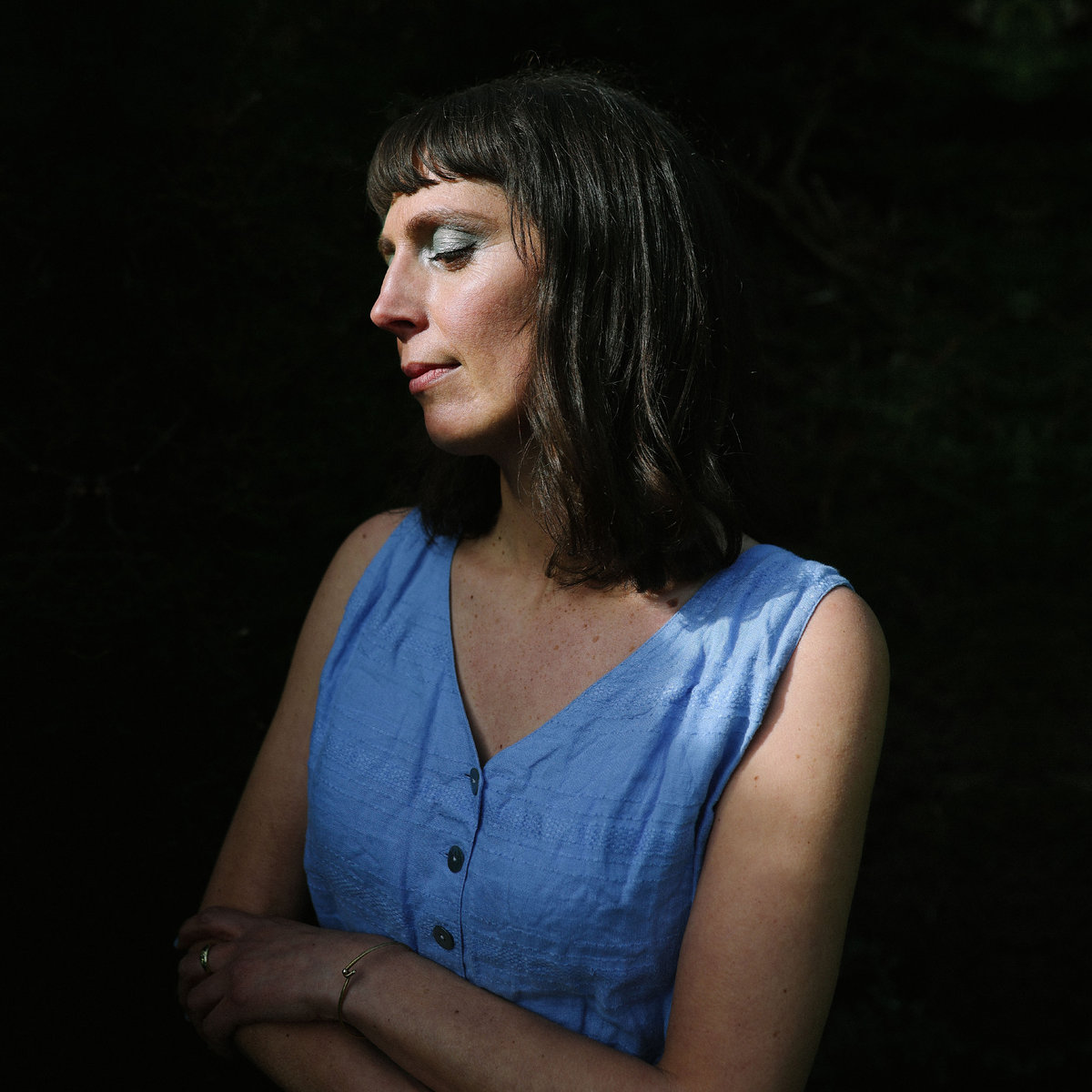Graham Reid | | 3 min read
Suzy Blue

In his interesting book How the Beatles Destroyed Rock'n'Roll (they didn't, but . . . .), the writer Elijah Wald reminds us that it wasn't until the Fifties that songs became exclusively associated with specific singers.
Before that – and there were exceptions like Sinatra and Paul Whiteman's jazz recordings – songs were tied to sheet music which anyone could use.
The song was paramount, not the singer. Which is why the songs If and My Heart Cries For You made Billboard's top 30 in eight and nine different versions respectively.
Even as late as the Sixties the same song -- especially if it was appeal MOR pop -- would be recorded by many artists. Born Free would be a useful example.
Wald also notes that before the rise of recorded music, songs weren't catalogued strictly by style because sheet music meant a song could be sung (and recorded) by artists as diverse as jazz, folk, hillbilly, fiddlers, minstrel show groups, vaudeville performers and so on.
Only when recording became the paramount form of music – the gramophone taking over from the piano in the parlour – did the idea of categories really take off.
These days we are wedded to the recording being a definitive version of a song: Bob Dylan being the great exception in his constant revising of his melodies, arrangements and sometimes lyrics.
And in the rush to categorise – slicing the onion even thinner and thinner – we have often quite proscriptive divisions between folk, rock, country, jazz and so on. Or at least we used to.
Today within them there are even more fine divisions: metal is balkanised into death metal, black metal, grindcore and so on.
And, as we noted when talking about Kaylee Bell who makes excellent mainstream Nashville-style country music, if you shove the prefix “alt” on a style it somehow gives the category more cachet: alt.country being considered by critics and listeners to somehow be superior or more authentic than country.
And let's not get started on whatever "indie" means these days. In truth, nothing at all . . . but it remains a useful taxonomic device when it comes to placing an artist on the spectrum.
Yet as we all know, the music which is often the most interesting is that which defies easy categorisation and – especially when it comes to what was once referred to as “world music” -- it can trip across genres and sometimes exists at the interface of a few.
Although nominally a folk artist – her Three Feathers album won a 2012 Tui in the folk category and its follow-up Autumn was nominated for the same award – Amiria Grenell from Canterbury (same region as Bell) again deftly incorporates elements from other genres for her album The Winter Light.
 The excellent Romeo is in the mould of leisurely doo-wop and classic 1950s pop with a trumpet outro (“Take me by the hand, tell me you’re my man”) and the album opener Oamaru by Night – which begins with street voices in the background – effortlessly drifts from intimate, crystalline folk (“I'm tired of not knowing where you are”) to a subtle, soul shuffle with backing vocals on the repeated “I just want to listen to you”.
The excellent Romeo is in the mould of leisurely doo-wop and classic 1950s pop with a trumpet outro (“Take me by the hand, tell me you’re my man”) and the album opener Oamaru by Night – which begins with street voices in the background – effortlessly drifts from intimate, crystalline folk (“I'm tired of not knowing where you are”) to a subtle, soul shuffle with backing vocals on the repeated “I just want to listen to you”.
Throughout the album there are smart embellishments from slide guitar, cello, banjo, backing vocalists and electric guitar elevating and toughing her light delivery, which often has conversational cadences in its pacing and shifts of emphasis (the title track, Suzy Blue).
Dedicated to her late father, country singer John Grenell, there's much here which is personal: “I grew up strong just like my three brothers . . . I don't regret this path I took” (the autobiographical life lessons on When They Roam), and on the self-explanatory Mother Daughter.
 However the finger-picking folk of Lanterns sounds like timeless Americana: “You come from the past . . . whisky words and mountain air”.
However the finger-picking folk of Lanterns sounds like timeless Americana: “You come from the past . . . whisky words and mountain air”.
Again peppering her lyrics with natural imagery, The Winter Light finds Grenell thoughtfully taking stock of the journey so far and what's still in doubt.
Quite what category it might fall into when a record store is looking for a bin to put it in is another matter: folk, country, pop . . . Any and all of those, and then some.
You could even put an “alt” in front of each if it helps.
.
You can hear and buy this album at bandcamp here





post a comment